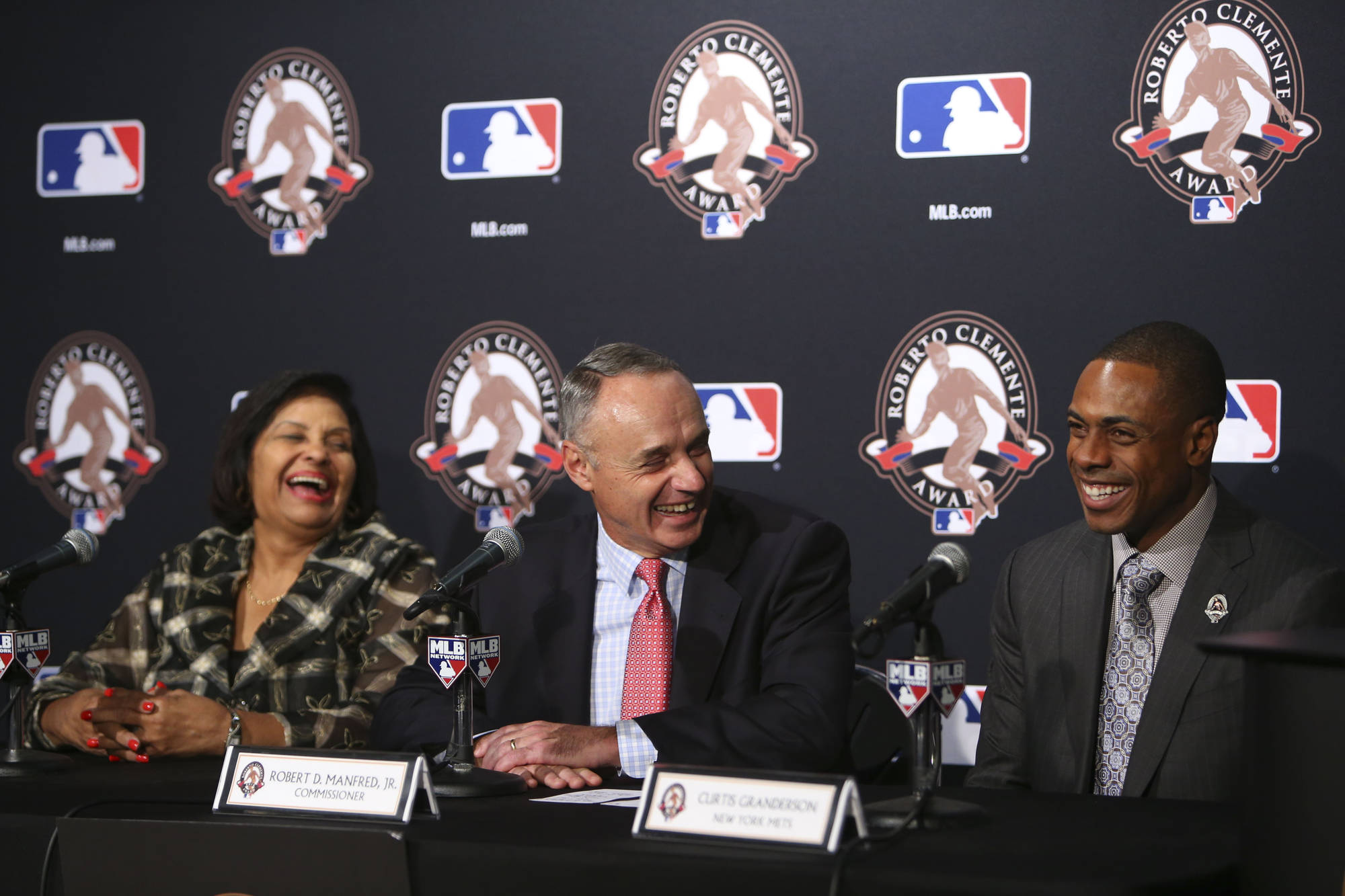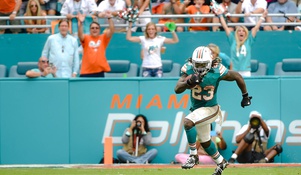The MLB CBA losers: Small Market Teams

The baseball season is over and the end of November usually means the start of free agency and rumors of new rule changes that will be discussed at the Winter Meetings.
However, 2016 is not a typical year.
The biggest story right now in MLB is whether or not the MLBPA and the owners will agree to a new collective bargaining agreement. The current CBA expires on Thursday, Dec. 1st and if a deal is not reached by then the owners will lock out the players.
Some of the biggest topics that have headlined the discussion are adding an international draft, getting rid of the qualifying offer, and increasing the luxury tax threshold from $189 million to $200 million.
Currently, international players from Latin America are signed freely by teams and players from Asia are acquired through a posting system. If the owners instituted a draft system all international players would go to a draft similar to how domestic players do today. The owners want to institute this draft in exchange for getting rid of the qualifying offer.
Currently, teams have an opportunity to offer their soon-to-be free agents a qualifying offer. It is set by MLB in 2016 it is $17.2 million. If the free agent signs with another team, the new team forfeits a high-round draft pick and the team that lost the player receives an extra draft pick after the first round. Getting rid of the qualifying offer for instituting an international draft would be a logical deal.
The players would win and the owners would win with this CBA, but the game will suffer. In 2016 the Los Angeles Dodgers had the highest Opening Day payroll, $223 million and the Houston Astros had the lowest, $69 million. That is a difference of $154 million. Currently, the game has too much parity in payroll, which means small market teams are at a disadvantage. It is much harder for those teams to compete with the large market teams.
The owners need to focus on leveling the playing field for small market teams. Since these teams cannot afford to pay big money for free agents, they have looked to invest money in other players like the U.S. draft. Small market teams used to be able to selected very talented players that are unlikely to sign a contract in the later rounds of the draft and throw a lot of money at them to sign the contract. That was then stopped when MLB set a limit to how much bonus money could be given out by each team.
The small market teams turned towards the international market, where they invested heavily in young Latin American and Caribbean talent, but that strategy will be taken away if an international draft is instituted.
An easy way to fix the system would be to institute a salary cap like the NBA, NFL, and NHL all have. This would mandate a certain range a team’s salary can be in. However, the players will never agree to this. That is why a soft cap could be the solution. This is a similar system that MLB already has in place, luxury tax.
For the luxury tax system, if a team has a payroll over a certain amount then they pay a luxury tax. This system is a step in the right direction, but their needs to be some modifications. The tax for one should be lowered from the current $189 million to about $150 million and their should be a salary floor of about $120 where teams cannot spend less than that amount. The only way that system would work however is if their is a better revenue sharing process between the large market teams and the small market teams so they can afford to have a $120 million payroll.
The players and owners are not too far off on a new CBA and if a lockout does occur it should end quickly. However, owners are not looking to do the best things for baseball and fighting the wrong battles. They need to work on making it a level playing field for small market teams.






